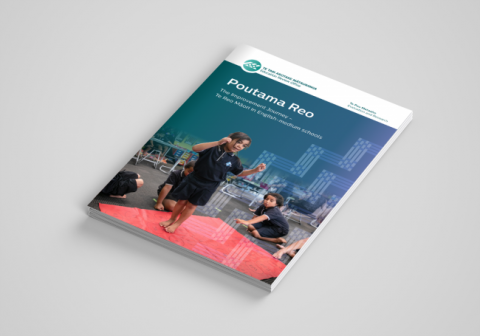Poutama Reo provides unity of purpose in te reo Māori revitalisation
Published: 21 Sep 2022
Equity and excellence, barrier free access to Māori language, culture and identity for all students is a step closer with today’s launch of Poutama Reo the improvement journey for te reo Māori in English-medium schools. It will also benefit whānau, hapū and Iwi.
- Audience:
- Academics
- Early learning
- Education
- Parents
- Schools
- Content type:
- News article
- Topics:
- Te reo Māori
- English-medium
- Resources






